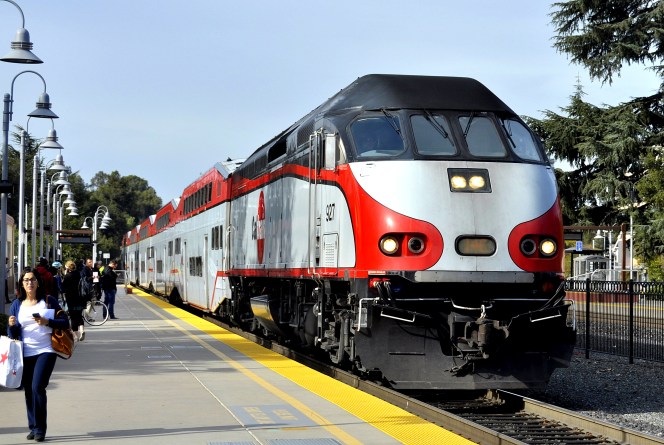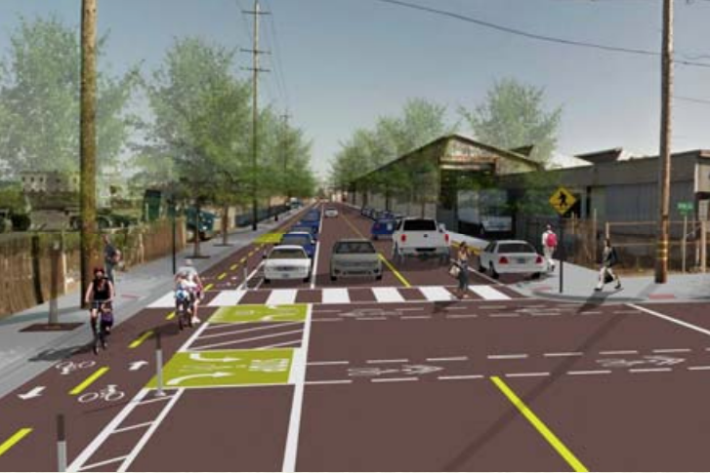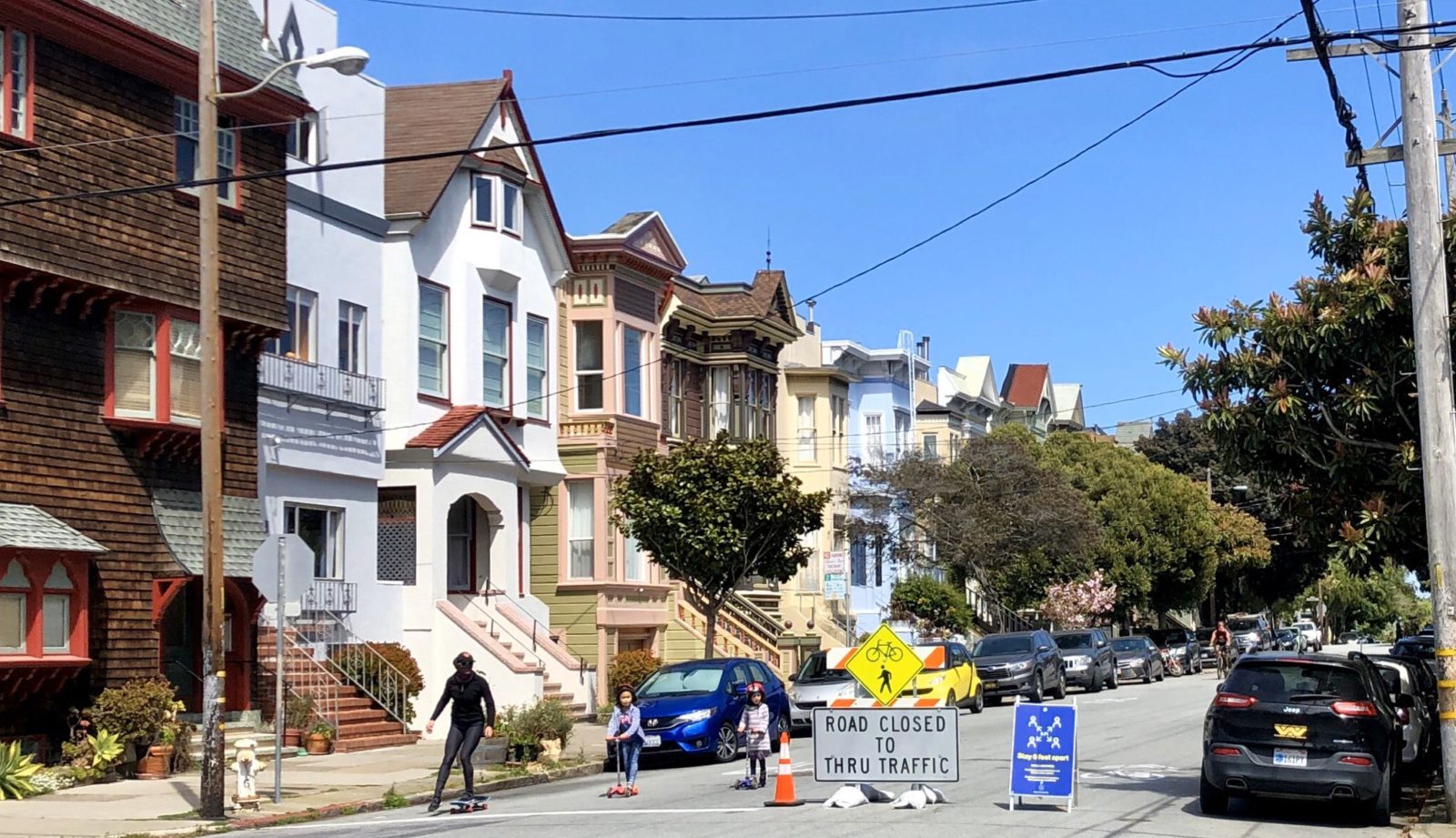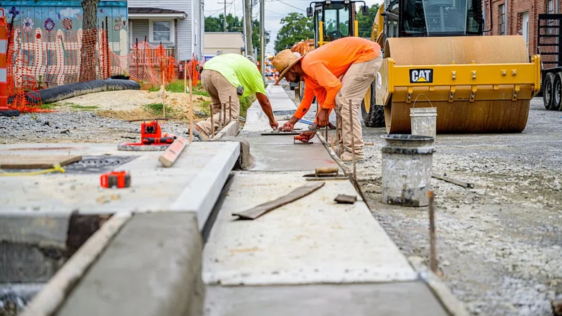This week advocates launched a few political call-to-actions for better transit and safe-and-livable streets. First...
Keep Page Street slow
Closing Page Street to thru traffic, as part of San Francisco's 'slow streets' program, has been an unqualified success. Now 'People Protected Bike Lane' advocates are asking to make it into a permanent thing--something akin to the familiar bicycle boulevard concept in Berkeley, where motorists can access the street to get home or for deliveries, but permeable barriers only permit people on bicycle, scooter and foot to continue straight through intersections.
From the petition page:
Page Street in San Francisco should never be an Uber raceway again. As part of SFMTA’s response to the covid crisis and the need for San Franciscan’s to have access to safe & healthy outdoor recreation, the blocks of Page between Schrader and Divisadero have been made into a Slow Street. Slow Streets are streets that are open for walking, running, wheeling, biking and playing. Cars are 2nd class citizens on these streets. It is illegal for thru car traffic to use this street. Cars may only travel the street for under one block and only to reach a destination on that block.
To keep Page slow and car-light, join the movement to make this change permanent and sign-up HERE.
Transit needs more emergency funding from the Feds

Meanwhile, as the economy continues to tank and transit ridership is at record-low levels, Bay Area transit operators are still feeling the pain. CARES Act funding helped keep things going for the moment, but, long term, transit agencies are still in serious trouble.
From an email blast by Adina Levin's Friend's of Caltrain:
At today’s Caltrain board meeting, staff presented a dire budget update as a result of the Covid pandemic with a service shutdown presented as one of the possibilities. Caltrain is receiving $49 million in federal CARES Act funding which will cover keeping the system open this fiscal year through June and several months into next fiscal year. Pre-pandemic, Caltrain got about 2/3 of its funding from riders, and most of the remainder from three county partners that are also facing budget disasters. With a still-circulating pandemic, Caltrain will need to maintain restrictions to allow social distancing on trains, and won’t be able to carry a full load of paying passengers, so more funding will be needed to maintain a functioning service in the coming year as shelter in place eases and people start heading back to work and other places.
The Metropolitan Transportation Commission projects a $1.3 billion remaining funding gap for Bay Area transit over an 18 month period, Levin continues. She and her allies are are urging people to write into their representatives and urge them to push for more transit funding. For information on how to do that, go to Seamless Bay Area's page by clicking HERE.
Last but not least, be sure to comment on Clement Avenue

Streetsblog has been covering Alameda's efforts to build a safe, protected bike route across the length of the island. This has proceeded in several stages. Officials are still seeking comment on the latest, a redesign of Clement Avenue between Grand and Broadway, with the final approval by the City Council coming this summer.
From a city release:
The City of Alameda has been working for several years on a redesign of Clement Avenue and the Cross Alameda Trail from Alameda Point to the Miller Sweeney Bridge. Parts of the Trail are complete, parts are under construction, and parts are still in the planning phase. City staff/consultant team will be presenting the final design concept for the redesign of Clement Avenue between Grand Street and Broadway to the Transportation Commission on Wednesday, May 27th and to the City Council for final approval in late June or in July.
This latest design has removed more parking to assure cyclists have safe, protected space. Be sure to check out the designs and give your thoughts HERE.





